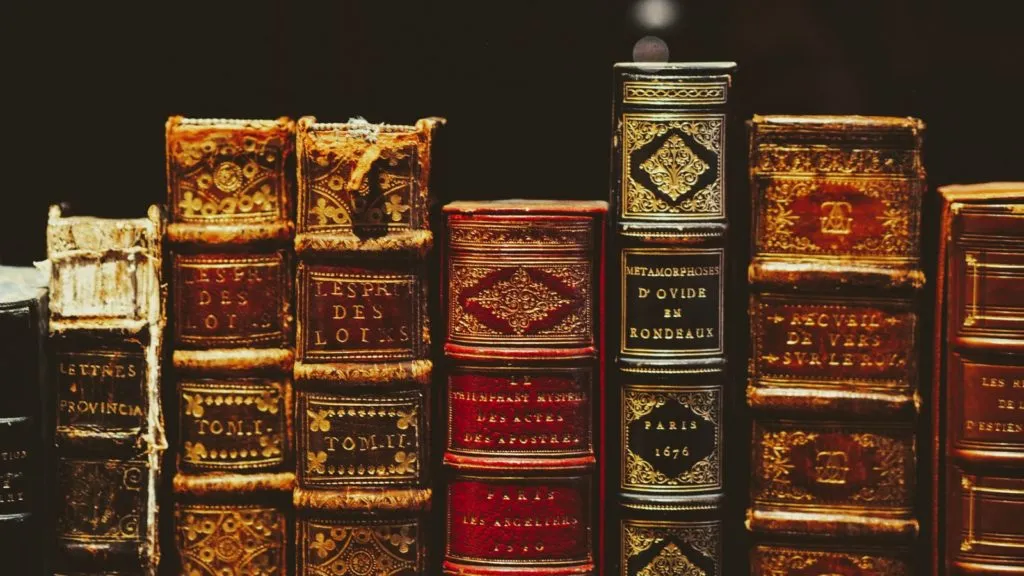
I’m Here To Set You Free: It’s Okay If You Don’t Want To Read The Classics
I have a troubled relationship with the classics, and from what I see around me, it’s a category of books that readers tend to either love or hate.
I can’t say that I deeply dislike the classics, or that I have a lot of strong opinions about them, but from my experience with the classics I have read – or have tried to read – I consider most of them particularly challenging, and I always approach them in a different light than I approach any contemporary fiction.
It is important to start by noting that classics aren’t necessarily the best books of their time; they stand out for one reason or another and, in general, they are works that either truly represent the times they take place in, or they defied the societal rules of a certain era, making them innovative, provocative, and probably also outrageous.
Some classics are widely known now, but were not very popular at the time they were first published. And, of course, many endure the test of time and are still seen as representative of society nowadays, albeit without all the progress and change that inevitably took place across the years, decades, and centuries.
There doesn’t seem to be a formula as to why I like a few classics, and not others, so I guess I could use the same metrics that I use with any other book in order to measure my relationship with them, but I know that would be untrue.
With classics, because of what I have encountered and the ways I have struggled, I always fear the descriptions are going to be too extensive, the language too archaic and confusing, the book too long. And because I also found myself bored to death with several classics, I became a bit averse to reading them, fearful even, of what I may encounter and of yet another disappointment.
This, I have to admit, still causes me a certain amount of sadness, mainly because of those beautiful cloth-bound Penguin editions of the classics, which I would love to collect because they are absolutely gorgeous, but I am well aware I have no interest in reading them. (Did you hear that sigh of relief? It came straight from my wallet.)
For a long time, I used to chastise myself for this aversion I have for the classics. I told myself I had to read them, no matter what. That I had to make an effort to make it to the end of Anna Karenina to be able to call myself a “real, complete bookworm.” That not wanting, or not being able, to read the classics meant I was not clever enough, not enough of a reader.
Then, eventually, I realized that my distaste for most classics does not define me as a reader, and that readers come in various shapes and forms. That I could spend my time trying to read the classics, and probably failing, or I could move on to what I truly want to read and consider myself satisfied. So I chose the latter.
I believe we should surround ourselves with things we enjoy, and books that teach us things we want to learn. Stories we can see ourselves in, or stories that offer us a glimpse into lives we are unfamiliar with, and would like to know more of.
Classics, in spite of all their amazing themes and stories, aren’t perfect, and they too can lack. Often, by focusing on reading the classics, you will find yourself reading the works of white, cis, straight men, and while there is nothing wrong with this, there is only so much you can learn from reading the works of the same types of people over and over again. And there is so much more to learn by reading diversely.
Of course, there are works by authors of colour which are considered classics (James Baldwin and Toni Morrison are examples that come to mind), but I still find them less approachable than some more modern stories, even ones that deal with similar themes.
This is not to say that I’m completely averse to reading the classics; I still want to read Jane Austen, for example, but I no longer feel guilty that they aren’t on my priority list (and let’s be real: had I the money and space, I’d totally buy those cloth-bound editions).
There is nothing amiss about not wanting to read the classics if the classics are not providing you with the kind of read you are looking for. Personally, I consider it important to seek and treasure diversity, to continue to look forward to the books on my TBR, and to continue reading the things that warm my heart. That, that is true class (puts on sunglasses).
If you’re not yet done with how many times I wrote the word “classics” in this article, here are a few more you will appreciate.
5 New YA Books That Share DNA With Classic Books








